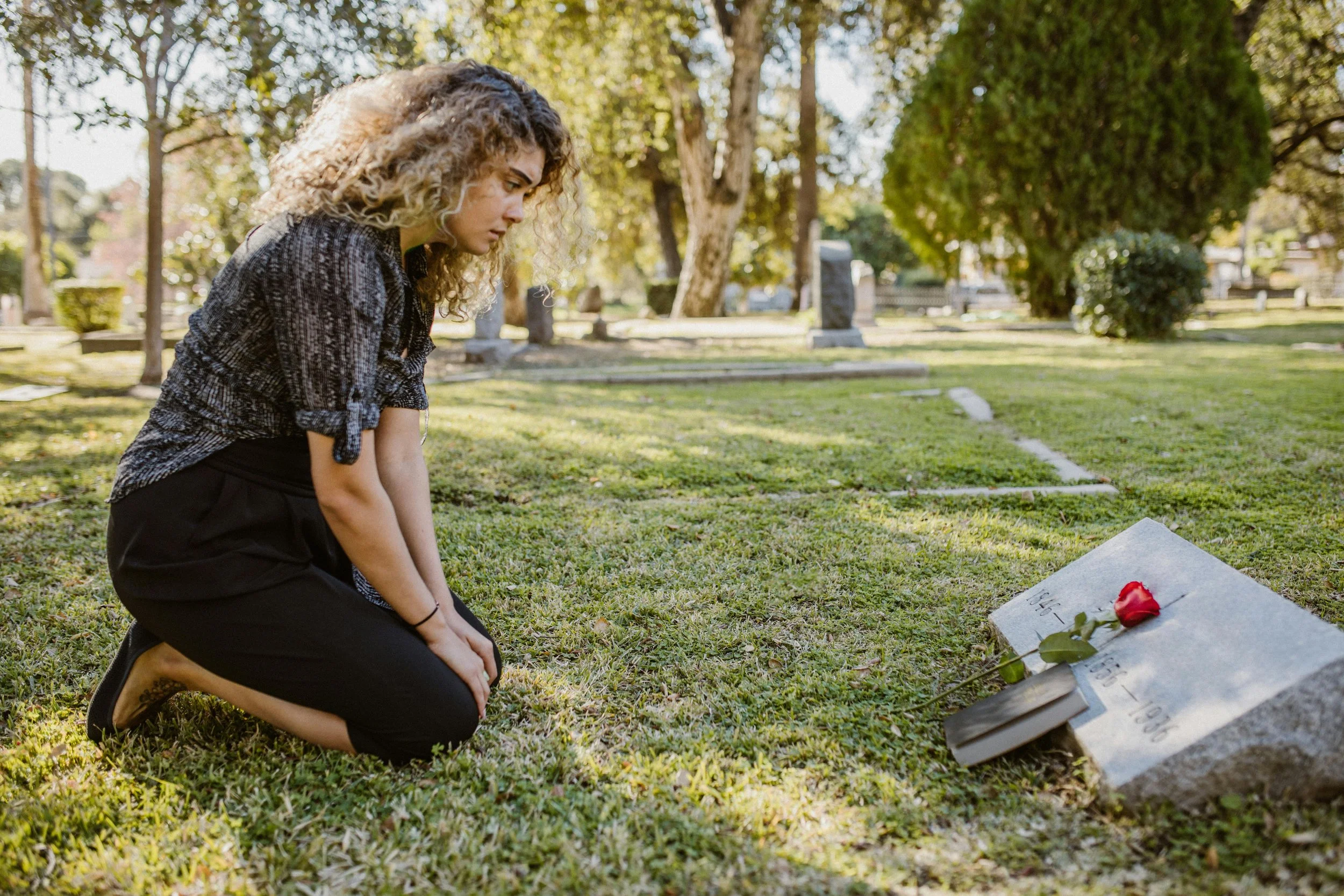The Impact of Societal Changes on Grieving Processes
Grief is a deeply personal experience, yet it is also influenced by the world around us. Over the years, societal shifts have changed the way individuals navigate bereavement, affecting the support systems, rituals, and coping mechanisms available. As cultural expectations evolve, many people find themselves struggling to process loss in an increasingly fast-paced and disconnected world. Understanding these changes can help individuals seek the right support, including grief counseling, to navigate their healing journey.
How Societal Changes Have Impacted Grieving
1. Reduced Bereavement Leave and Workplace Pressures
In today’s fast-moving work culture, many individuals are expected to return to work shortly after experiencing a loss. Unlike past generations, where extended mourning periods were more accepted, employees now often receive minimal bereavement leave. This pressure to quickly resume daily responsibilities can suppress grief, leading to unresolved emotions that may manifest as anxiety, depression, or burnout. Grief therapy can help individuals process these emotions despite societal expectations to “move on.”
2. The Decline of Communal Grieving Rituals
Traditional mourning rituals, such as wakes, funerals, and community gatherings, have declined in many cultures due to shifting social norms and geographic dispersion. As families become more spread out and in-person support networks shrink, individuals may experience increased loneliness in their grief. Virtual memorials and online grieving communities can provide some comfort, but they often lack the deep emotional connection that in-person support can offer. Seeking grief counseling can help individuals cope with this isolation and find alternative ways to honor their loss.
3. Social Media’s Influence on Grieving
While social media allows individuals to share their grief and receive support, it also comes with challenges. Public displays of mourning can invite unwanted opinions, judgment, or pressure to present grief in a socially acceptable way. Additionally, seeing others move forward with their lives can intensify feelings of isolation or guilt. A grief therapist can help individuals navigate these emotions and develop healthier coping strategies for engaging with social media during bereavement.
4. The Medicalization of Grief
With the recent classification of Prolonged Grief Disorder, there is increasing recognition of how grief can impact mental health. However, this shift has also led to concerns about pathologizing a natural emotional process. While therapy can be invaluable for individuals struggling with prolonged or complicated grief, it is important to balance professional support with the acknowledgment that grief is a normal part of life. Grief therapy can provide guidance without diminishing the validity of the grieving process.
5. Changing Family Structures and Support Systems
As family structures evolve, with more people living alone or being distanced from relatives, traditional support systems for grief have weakened. In past generations, extended families and tight-knit communities played a crucial role in providing emotional and practical support. Today, many individuals must seek grief counseling or external support groups to find the comfort and guidance once provided by family networks.
Navigating Grief in a Changing World
Despite these societal changes, it is possible to find meaningful ways to process loss. Engaging in therapy, establishing personal rituals, and connecting with others who understand your experience can help make the grieving journey less isolating. Whether through one-on-one grief counseling, support groups, or personal reflection, individuals can find pathways to healing that align with their needs and circumstances.
If you’re looking to start grief counseling, please don’t hesitate to contact me. Together, we can work toward a healthier and more fulfilling life.
